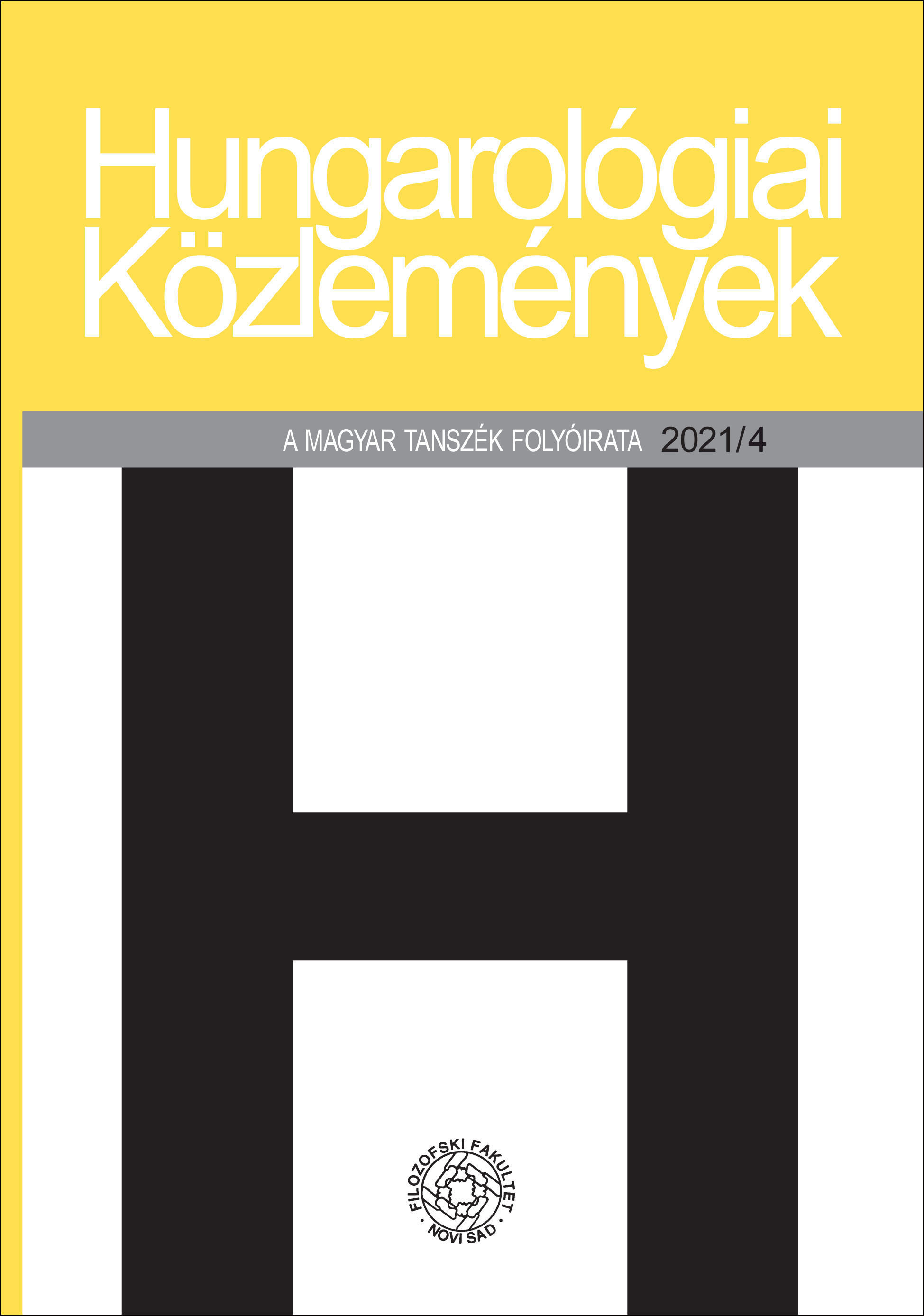KÍSÉRLET A HALLGATÁS ÉRTELMEZÉSÉRE
Avagy önálló lehet-e a tudomány nyelve?
Absztrakt
Ha az írónak állítólag alanyban és állítmányban kell gondolkoznia, miben kell az irodalom értelmezésével foglalkozó tudósnak? Az állítmány a szöveg indulata, lendülete, egysége és cselekvő mivolta. Az alany a szerző vagy a szöveg maga? A tárgya az az üzenet, ami benne van, vagy amit beleolvas az értelmező. A jelzők és határozók a kidolgozás módjai, a megformáltság milyensége. A tudós tehát nem alanyban és állítmányban, hanem jelzőben, határozóban és tárgyban gondolkodik. Az íróktól talán a tudóshoz kerül az üzenet (észrevétele)? Az üzenet, ez esetben az irodalom megértése, meg kell határozza a nyelvi megformálást is? Az irodalomról való beszéd közelíthet a tartalom felől tárgyához? A kritika és a filozófia között mozoghat és mer is mozogni, de tekintettel van az olvasóra, figyelmének középpontjába talán nem az arctalan tudományos beszélő, sem a személyességétől elidegenedett lírai én/prózai elbeszélő áll, hanem egy absztrakciómentes entitás, az olvasó. Már csak az a kérdés, hogyan szabadulhatunk az irodalomértés néhány idevonatkozó uralkodó közhelyétől.
Hivatkozások
Csordás Gábor. 2008. Lipcsei beszéd. In Beke Márton – Mészáros Andor – Vörös István szerk. Művészet-e a fordítás? 58–59. Esztergom–Piliscsaba: Orloj Könyvek.
Derrida, Jacques. 1998. A disszemináció. Ford. Boros János, Csordás Gábor, Orbán Jolán. Pécs: Jelenkor.
Eco, Umberto. 2013. Az értelmezés határai. Ford. Nádor Zsófia. Budapest: Európa.
Farkas Zsolt. 2013. Szia. Budapest–Pozsony: Kalligram.
Foucault, Michel. 2000. Nyelv a végtelenhez. Ford. Angyalosi Gergely, Erős Ferenc, Kicsák Lóránt, Sutyák Tibor. Debrecen: Latin Betűk.
Foucault, Michel. 2001. A tudás archeológiája. Ford. Perczel István. Budapest: Atlantisz.
Fried István. 1999. Irodalomtörténések Kelet-Közép-Europában. Budapest: Ister. Frye, Northrop. 1998. A kritika anatómiája. Ford. Szili József. Budapest: Helikon.
Hegel, Georg Wilhelm Friedrich. 2004. Előadások a művészet filozófiájáról. Ford. Zoltai Dénes. Budapest: Atlantisz.
Jangfeldt, Bengt. 2012. Feljegyzések Joseph Brodskyról: A nyelv az Isten. Budapest: Typotex.
Lukács György. 1997. A lélek és a formák: Kísérletek. Budapest: Napvilág Kiadó – Lukács Archívum.
Mészöly Miklós. 1980. Érintések. Budapest: Szépirodalmi.
Nietzsche, Friedrich. 2004. Korszerűtlen elmélkedések. Ford. Bognár Bulcsú, Csatár Péter, Hidas Zoltán, Tatár György, Zoltai Dénes. Budapest: Atlantisz.
Rott József. 2016. A tisztánlátás állandósult felelőssége. Napút (5): 183–199.
Vörös István. 2001. Lakatlan szigetek már nincsenek. Budapest: Ister.
Wittgenstein, Ludwig. 1998. Előadások az esztétikáról. Ford. Mekis Péter. Debrecen: Latin Betűk.








